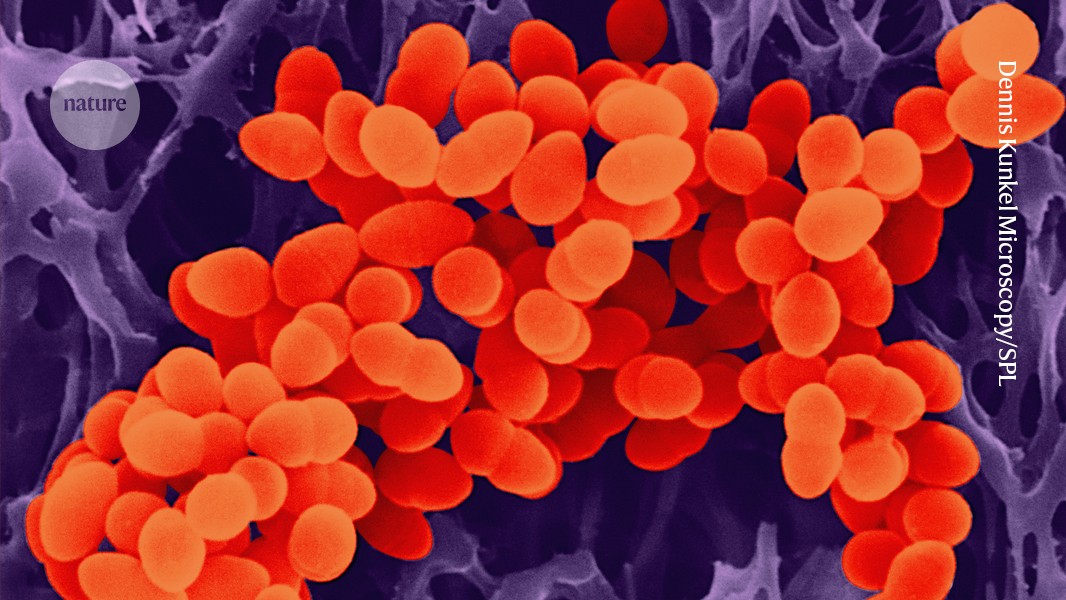#antimicrobial-resistance
#antimicrobial-resistance
[ follow ]
#public-health #antibiotic-discovery #global-health #infectious-diseases #antibiotics #antibiotic-development
fromwww.theguardian.com
1 month agoNew antibiotics hailed as turning point' in treating drug-resistant gonorrhoea
Gonorrhoea is on the rise around the world, with more than 82m infections globally each year and particularly high rates in Africa and countries in the World Health Organization's Western Pacific region, which reaches from Mongolia and China to New Zealand. Cases in England are at a record high, and rates in Europe were three times higher in 2023 than in 2014. Health officials are concerned about an increase in drug-resistant strains of the bacterium, with the WHO designating it a priority pathogen.
Public health
Medicine
fromwww.theguardian.com
2 months agoAntibiotic resistance: how a pioneering trial is using old drugs to save babies from sepsis
NeoSep1 tests new antibiotic combinations to treat neonatal sepsis and reduce deaths by addressing rising antimicrobial resistance, with KWTRP participating in Kilifi.
fromwww.independent.co.uk
4 months agoScientists create virus cocktail' to fight superbugs
Scientists have developed what they call a virus cocktail to fight superbugs in a major advance for infectious disease treatment. Researchers from Monash University and The Alfred, in Melbourne, Australia, have developed a product that uses bacterial viruses, known as bacteriophages', to combat antimicrobial-resistant bacteria. The treatment, named Entelli-02, is a five-phage cocktail designed specifically to target Enterobacter cloacae complex (ECC), a group of bacteria responsible for severe, less treatable infections.
Science
fromFast Company
4 months agoDrug-resistant "superbugs" see alarming rise in U.S.
The study, published on September 22 in the Annals of Internal Medicine, examines a bacteria called NDM-producing carbapenem-resistant Enterobacterales (NDM-CRE). Researchers found that, between 2019 and 2023, NDM-CRE infections surged by more than 460% in the U.S. These infections, which range from pneumonia to bloodstream and urinary tract infections, are extremely hard to treat and can be deadly due to their antibiotic-resistant properties-hence the name "superbug."
Public health
fromwww.aljazeera.com
4 months agoWhat are nightmare bacteria' and why are infections rising in the US?
The number of infections by drug-resistant, nightmare bacteria rose by almost 70 percent between 2019 and 2023 in the United States, according to a report from the Centers for Disease Control and Prevention (CDC), the country's national public health agency. Driving the increase are drug-resistant bacteria with the so-called NDM gene (New Delhi metallo--lactamase), researchers said. Bacteria with the NDM gene were once considered exotic and were linked to only a small number of patients, mostly outside the US.
Public health
fromwww.theguardian.com
6 months agoSuperbugs could kill millions more and cost $2tn a year by 2050, models show
A UK government-funded study shows that without concerted action, increased rates of antimicrobial resistance (AMR) could lead to global annual GDP losses of $1.7tn over the next quarter of a century.
Public health
[ Load more ]



